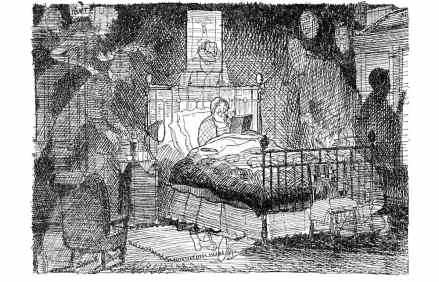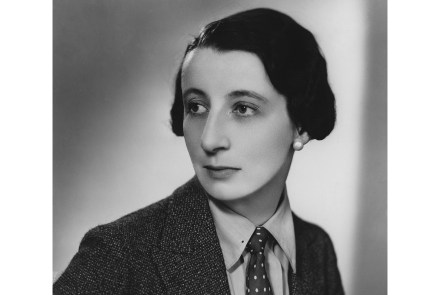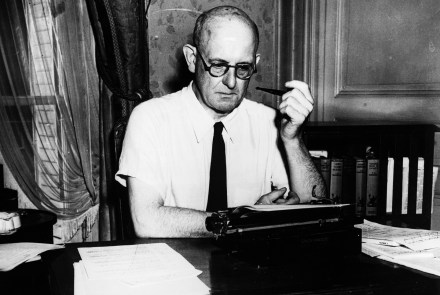Alan Partridge on mental health
Lord Peter Wimsey said to the nurse: ‘Now about the old lady herself. I gather she was a little queer towards the end – a bit mental, I think you people call it?’ This is in Unnatural Death by Dorothy L. Sayers, from 1927. The 1920s were the heyday of mental, which occurred then about 87 times in each million words. Now it has fallen back to about 66 in a million. We no longer speak of things such as mental homes, and mental patient, mental retardation, even mental illness, are, according to the Oxford English Dictionary, ‘avoided as being potentially offensive’. The curious consequence is that a positive phrase, mental





